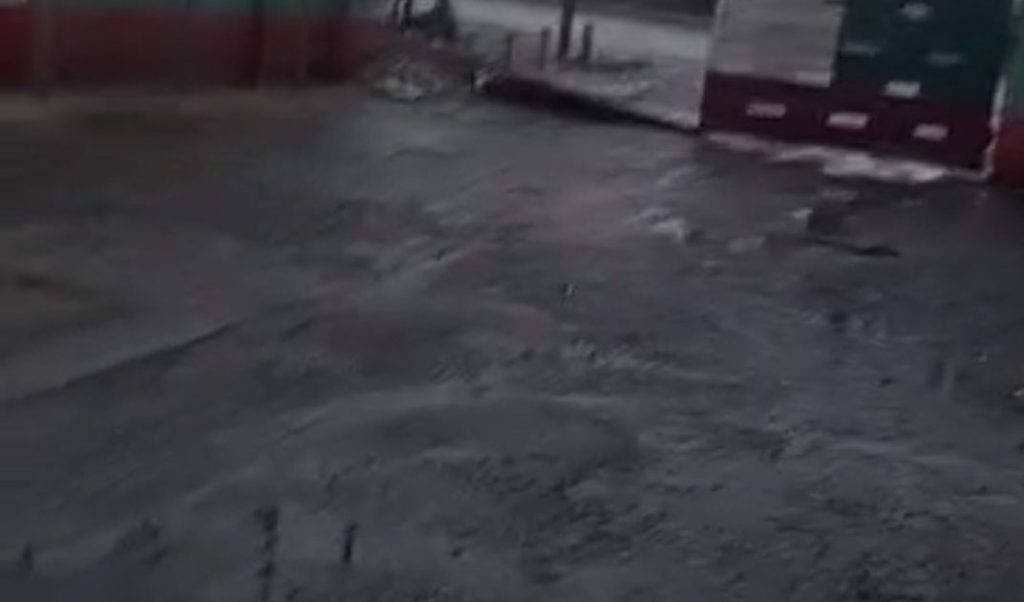The All Progressives Congress (APC) in Rivers State has publicly condemned a violent explosion that occurred at its secretariat along Aba Road in Port Harcourt on the morning of a local government election. The explosion, believed to be caused by a dynamite device, led to significant damage at the party’s offices, including the destruction of gates, windows, and property within the premises, as well as affecting a neighboring building. Chief Tony Okocha, the former caretaker committee chairman of the APC in the state, expressed deep concern about the attack, describing it as an assault on the party, especially as it took place during a time of heightened political activity. The nature of the attack and its timing raised questions about the underlying motives, given that no elections were actually being held at the APC secretariat during the incident.
Okocha further highlighted that his alarm over the attack was heightened by the fact that it occurred despite court rulings declaring that the local government elections scheduled for that day were not in compliance with constitutional laws. He emphasized that the court’s judgment rendered the elections illegal and explicitly barred security agencies, such as the police and the DSS, from participating in the electoral process. He raised concerns over public safety in light of this situation, questioning how the security of citizens could be guaranteed when even law enforcement was disregarded. Despite the danger posed by the explosives, Okocha noted the fortunate circumstance that the device thrown at the APC secretariat failed to detonate, potentially saving the building from destruction.
In recounting the repercussions of the incident, Okocha expressed his frustration over the onslaught against the APC, suggesting that party members were being unfairly targeted during politically sensitive times. He lamented that this was not an isolated event, as the party had previously experienced similar attacks around significant gatherings involving the state governor and his team. He insisted that there were no voting units at their secretariat, implying that the attack lacked any legitimate purpose related to the electoral process and thus pointed to a systematic targeting of the APC by adversarial forces.
Moreover, Okocha conveyed a broader concern regarding the safety of APC members, indicating that they felt hunted by armed forces affiliated with opposing political factions. He urged the federal government to intervene, expressing a pressing need for protection amid an alleged climate of terror directed at APC members. He distanced the APC from any calls for retaliation or violence, stressing their commitment to the rule of law and urging that similar respect be extended by government forces and political adversaries alike. Recognizing the precarious nature of the situation in Rivers State, he called for national and international observers to be aware of the APC’s challenges.
Chibuike Ikenga, the former publicity secretary of the APC Caretaker Committee, echoed Okocha’s condemnation of the bombing. He stressed the importance of thorough investigations to identify and penalize those responsible for the attack. Ikenga articulated a vision for peace in Rivers State, asserting that true tranquility could only be achieved through adherence to judicial rulings and established legal processes. He articulated the belief that cultivating a culture of peace and compliance with the law was critical for fostering good governance and development within the state.
The incident at the APC secretariat has not only raised immediate concerns over the safety of party members but has also underscored a broader narrative of political unrest and violence in Rivers State. As the APC grounds itself in a commitment to lawful and peaceful political engagement, the call for government intervention and a restoration of order and accountability resonates as a critical issue. Okocha and Ikenga’s statements reflect a united front, emphasizing the need for collaboration between political parties, state forces, and the community to avert further violence and ensure a stable political climate conducive to democratic processes and good governance.


